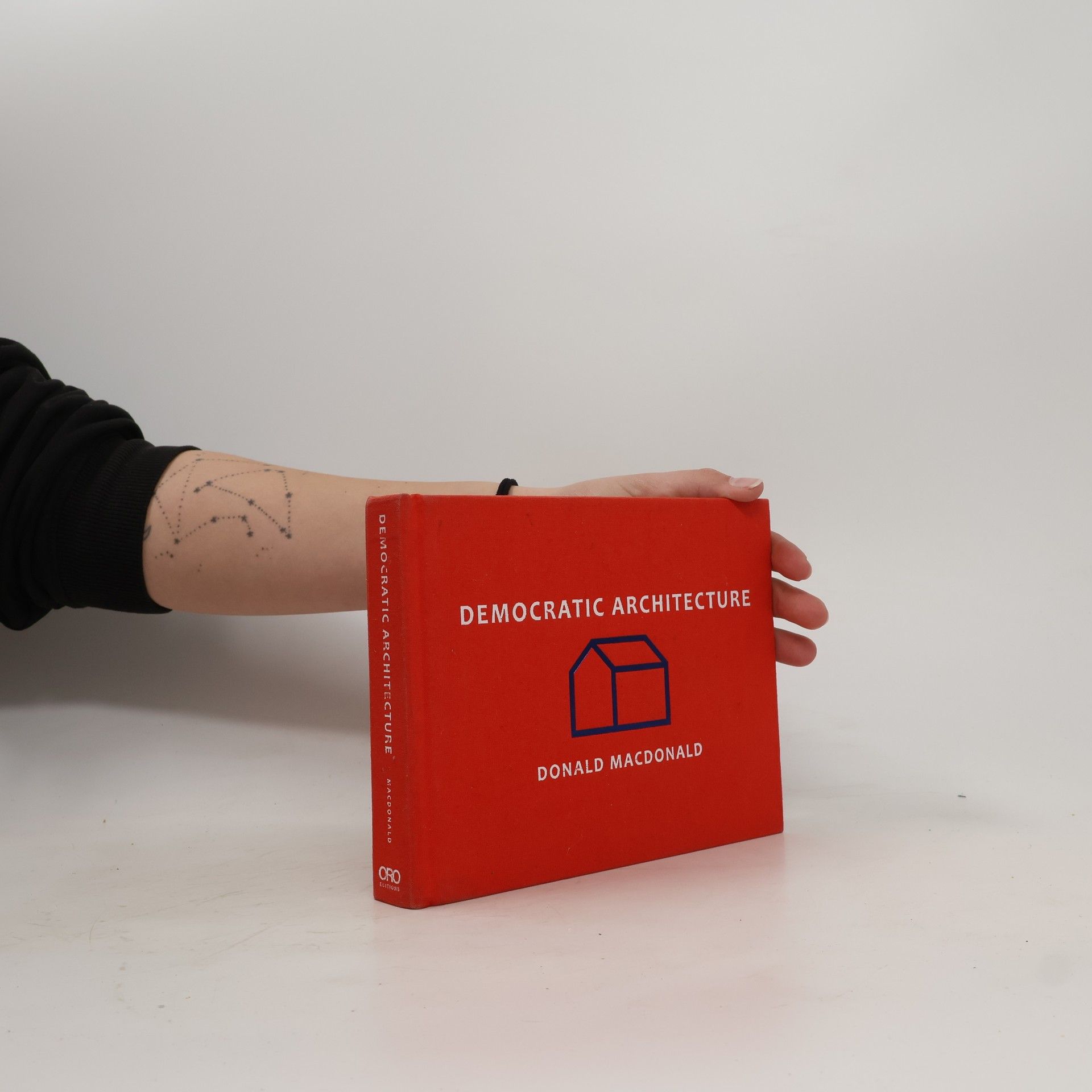Donald Macdonald Poradie kníh (chronologicky)
Daniel Macdonald bol misionárom na Nových Hebridách (dnešné Vanuatu). Jeho život a dielo sú späté s týmto odľahlým súostrovím.

Daniel Macdonald bol misionárom na Nových Hebridách (dnešné Vanuatu). Jeho život a dielo sú späté s týmto odľahlým súostrovím.
